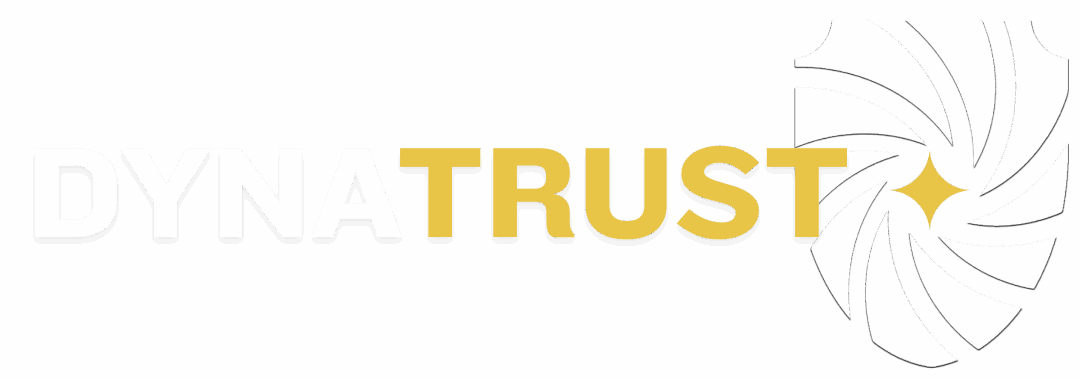Why ISO 19011 is Essential ?
In a context where 87% of French SMEs will have suffered at least one cyberattack by 2024, mastering cybersecurity audits is no longer a luxury but a vital necessity. The ISO 19011 standard offers a proven methodological framework to structure and optimize your corporate IT audits. For SME managers, IT directors, and CISOs, this standard represents much more than a simple reference guide: it is a true lever for cybersecurity governance that allows you to transform a regulatory obligation into a competitive advantage. The stakes are considerable: NIS2 compliance, ISO 27001 certification, GDPR compliance, auditing, and cyber risk management. Without a rigorous methodology, 73% of cybersecurity audits fail to identify critical vulnerabilities.
What is the ISO 19011 standard?
Definition and Scope of Application
The ISO 19011 standard, “Guidelines for auditing management systems,” is the international standard for conducting effective audits. Updated in 2018, it applies perfectly to cybersecurity audits and naturally aligns with ISO 27001 certification. This standard defines: Fundamental audit principles Audit program management Auditor competencies and assessment Guidelines for conducting audits Integration with Cybersecurity Standards ISO 19011 fits perfectly into the ecosystem of security standards: ISO 27001 for the security management system NIS2 for regulatory compliance GDPR for the protection of personal data.
The 7 Fundamental Principles of ISO 19011 Applied to Cybersecurity
1. Integrity and Objectivity in Cybersecurity Auditing
The assessment of cybersecurity maturity must be based on verifiable facts. In business, this means documenting each vulnerability with precise technical evidence and avoiding interpretation bias.
2. Accurate Presentation of Results
Security reporting must accurately reflect the reality of risks. An effective cybersecurity dashboard presents indicators without minimizing or over-dramatizing the issues.
3. Professional Diligence
Cyber risk management requires a methodical approach. Each corporate IT audit must follow a rigorous protocol adapted to the size and specificities of the organization.
4. Confidentiality of Information
A critical principle in cybersecurity: audit results contain sensitive information about vulnerabilities that must be protected according to GDPR requirements.
5. Auditor Independence
An external auditor or an audit and governance MSSP provides the necessary objectivity to identify vulnerabilities that the organization could mitigate.
6. Evidence-Based Approach
Each recommendation in the cybersecurity action plan must be supported by measurable and reproducible technical evidence.
7. Risk-Based Approach
Prioritize actions based on the potential impact on business activity, thus integrating the logic of the business continuity plan. Take Action with ISO 19011 The ISO 19011 standard is not just a theoretical framework: it is a true accelerator of cybersecurity maturity for companies. In an increasingly demanding regulatory environment (NIS2, GDPR), mastering this methodology becomes a decisive competitive advantage. Investment in a cybersecurity audit compliant with ISO 19011 quickly pays for itself: risk reduction, improved cybersecurity governance, and increased customer trust.

